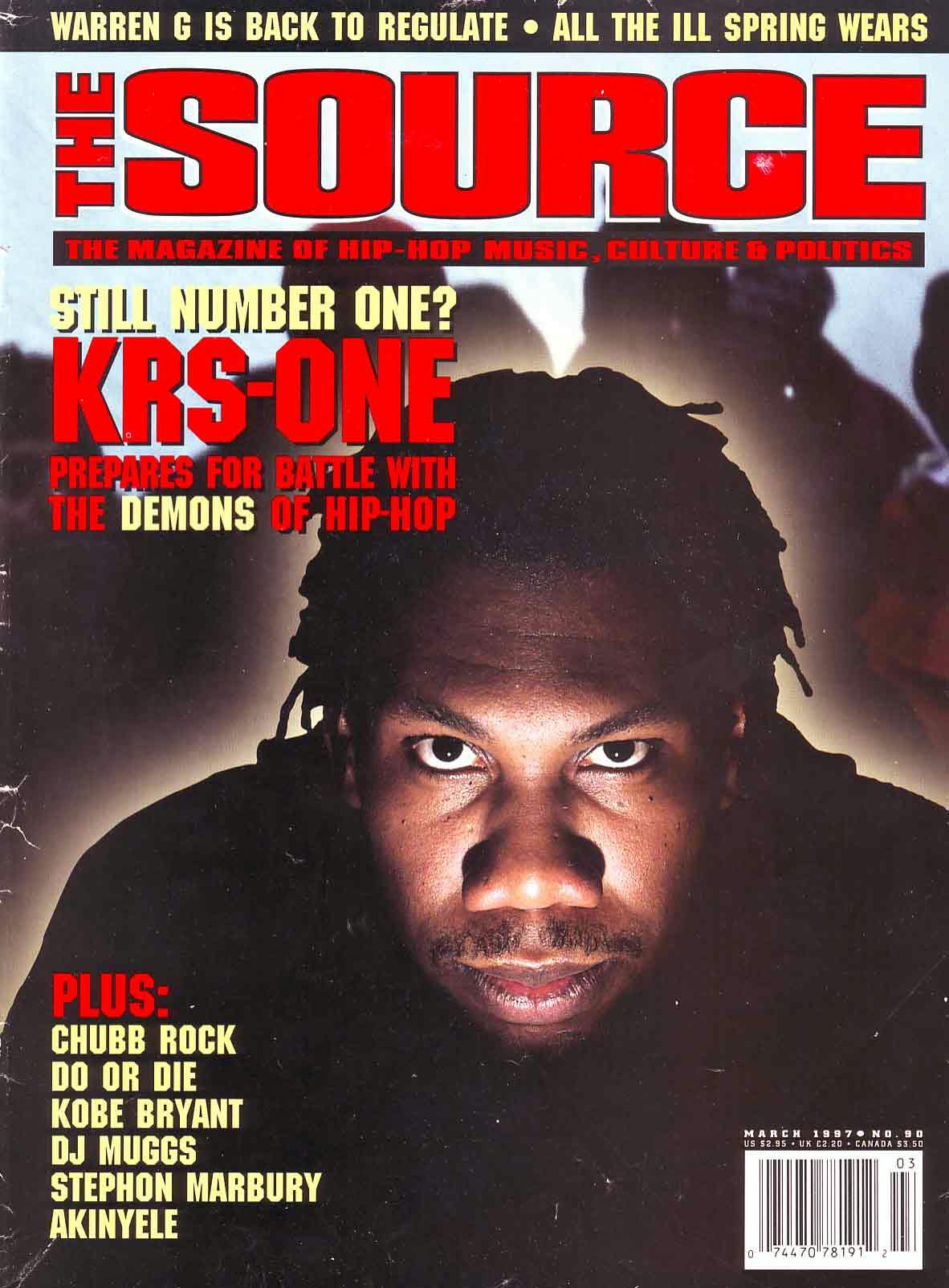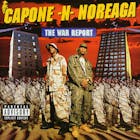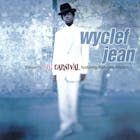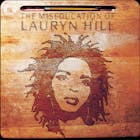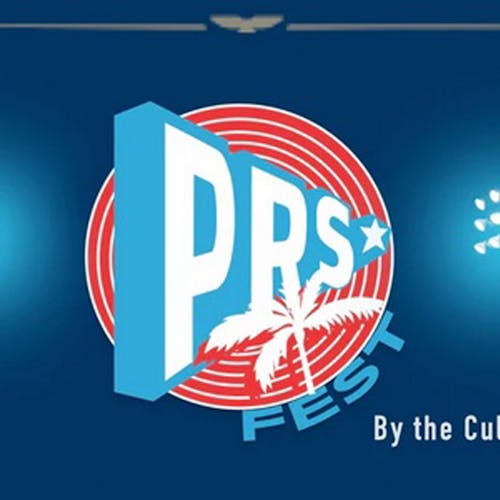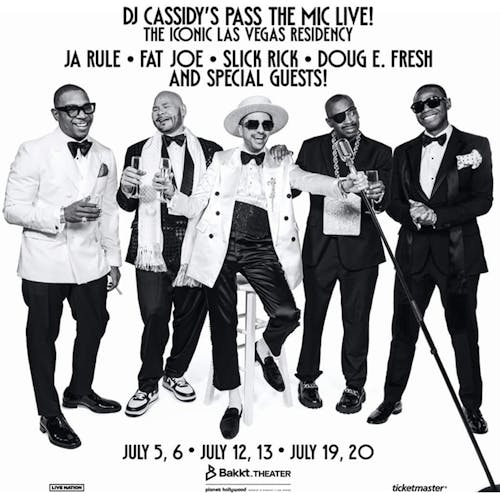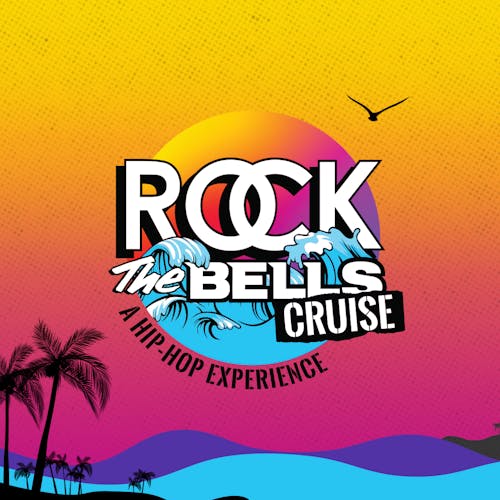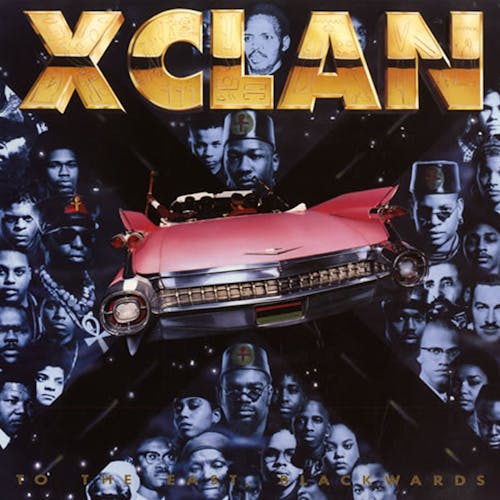features
Classic Albums: 'I Got Next' by KRS-One
Classic Albums: 'I Got Next' by KRS-One
Published Thu, May 19, 2022 at 12:00 AM EDT
In 1997, Hip-Hop was going through it's jiggiest phase. And for an emcee long viewed as rap's most devout purist, there was a spiritual war raging for the culture's soul. But amidst all of the shiny, KRS-One was also pondering what to say and how to say it.

In this world we live in, one's only as good as his latest and greatest feat..."
- KRS-One (1997)
But the breakout single of the album was indubitably "Step Into A World (Rapture's Delight)." The Blondie-referencing smash became one of the biggest crossover hits of KRS-One's career.
It was in that climate that KRS-One dropped an album heavily steeped in tribute to rap's heritage.

I have a deep belief in the universal life people call 'God.' In Hip-Hop, I'm a CO-creator..."
- KRS-One (1997 RAP SHEET interview)
"Think the BEST of the traditional shit."

